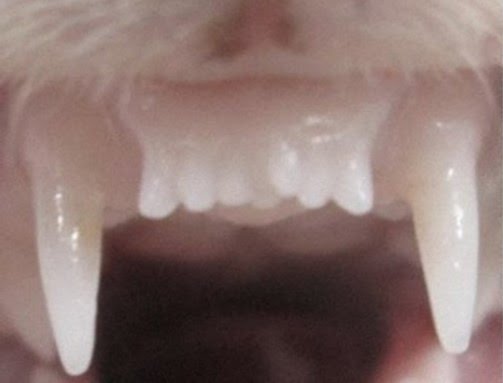A Japanese startup is challenging everything we knew about tooth regeneration, taking the science to a whole new level. Toregem Biopharma, with its team of researchers, begins clinical trials on a drug that could change the way we view oral health forever.
This is not a simple treatment, but the possibility of regrowing lost teeth. If you think it's too good to be true, keep reading and prepare to be… speechless.
It seemed like a miracle
Studies on regenerative medicine have made great strides in recent decades, but the ability to regenerate parts of the human body has always been seen as a utopia.
Dr. Katsu Takahashi, principal investigator of the project and head of the department of dentistry and oral surgery at the Medical Research Institute Kitano Hospital, has dedicated much of his career to this cause. His research began almost 20 years ago, in 2005 at Kyoto University, and led to the discovery of a particular gene in mice that affects the growth of their teeth.
The gene, called USAG-1, can stimulate tooth growth if suppressed. Hence the idea of developing a “neutralizing antibody drug” capable of blocking USAG-1.

The medicine induced the growth of an additional seventh tooth (center). Courtesy of Dr. Katsu Takahashi.
From theory to clinical tests
After successfully testing the theory on mice, the team also extended its experiments to ferrets, animals with a dental pattern similar to that of humans. The results were equally promising.
Now, the next step is clinical trials on humans. The drug will be tested initially on healthy adults next July 2024, and in 2025 on children aged between two and six years suffering from anodontia, a rare genetic disorder that involves the absence of six or more baby teeth and/or permanent.
A future without prosthetics?
According to the Japan Times, children involved in clinical trials will receive a single dose of the drug to see if it causes tooth growth. If the tests are positive, the drug could gain regulatory approval by 2030. This could mark the end of the era of dentures and implants as the only solution for tooth loss.
And the beginning of a future where nature and science work together to offer solutions that were once considered impossible. How can you not smile?


